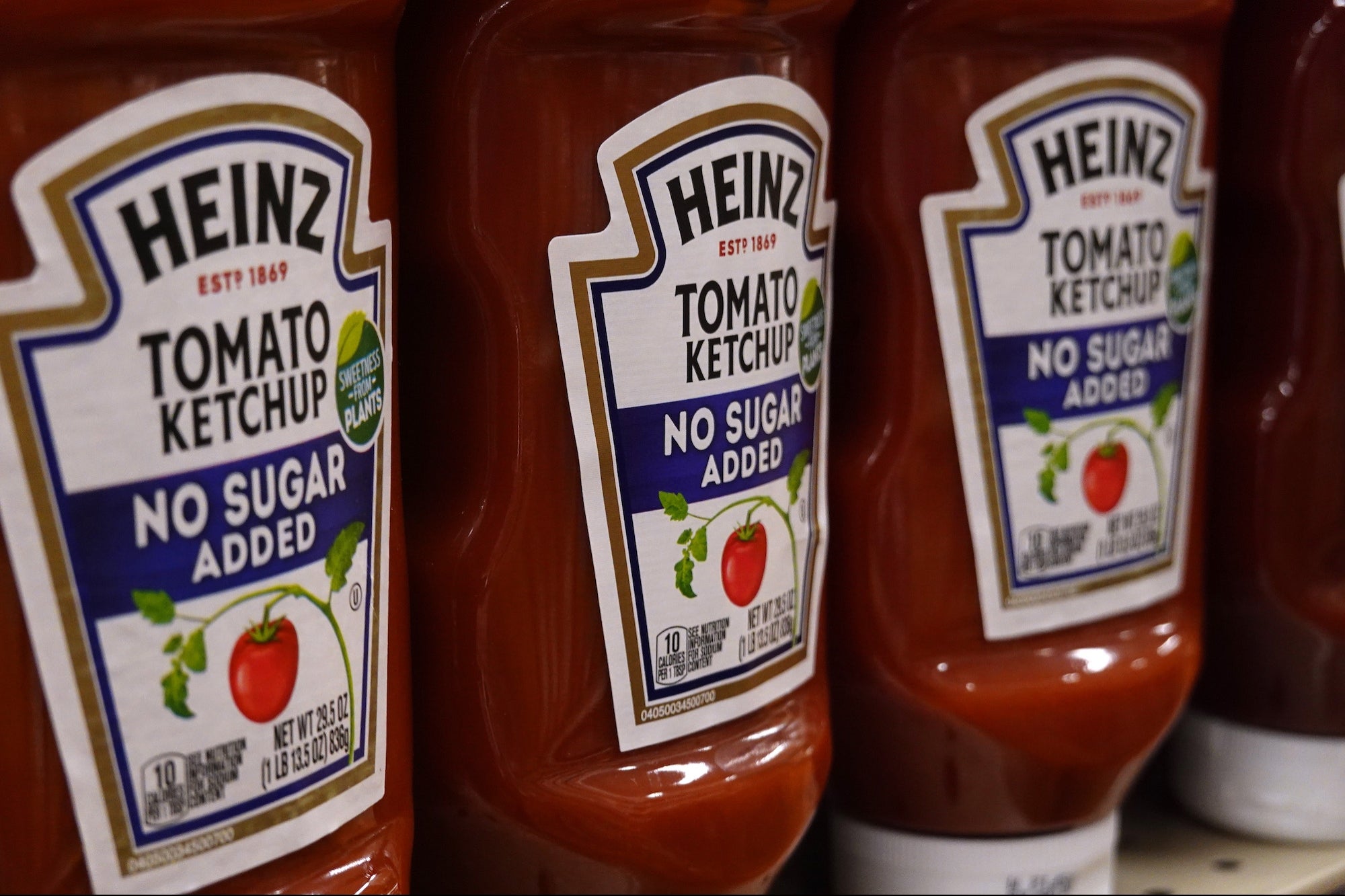The Unintended Consequences of Health-Care Reform (Opinion) Policy makers and entrepreneurs have different goals in mind when it comes to the Affordable Care Act. Here are some critical loopholes small-business owners are taking to circumvent policy changes.
By Scott Shane Edited by Dan Bova
Opinions expressed by Entrepreneur contributors are their own.
Congress needs to factor in the law of unintended consequences when it passes small-business legislation, with the understanding that people will respond differently to policy changes than policy makers intend.
Nowhere is that principle more apparent than with the Patient Protection and Affordable Care Act (PPACA). While the healthcare law's provisions won't all be implemented until 2020, already it is having effects few in Congress anticipated or wanted.
The primary aim of the law was to boost the fraction of Americans covered by "high quality" health insurance. Achieving that objective means getting a greater fraction of small companies to provide such plans. While more than 98 percent of businesses with 200 or more employees offer employee health insurance, this figure drops to 61 percent of companies with fewer than 200 employees, according to a report by the Kaiser Family Foundation.
The government's plan combined carrots and sticks. The carrots included new insurance marketplaces where small businesses could buy health insurance cheaper, combined with tax credits to help them provide coverage for low-wage employees. The stick? Businesses with more than 49 workers would have to pay a fine if they didn't offer full-time employees the option of minimum coverage.
Policy makers expected that small businesses without health benefits before the passage of the PPACA would start providing insurance to their employees, while those already offering insurance, would maintain it. Unfortunately, the law of unintended consequences has intervened.
Instead, to avoid penalties, small-business owners have cut back on hiring. According to the March 6 Federal Reserve Beige Book -- a summary of economic conditions in the different bank districts gathered from interviews with business contacts, experts and other sources -- "employers in several Districts cited the unknown effects of the Affordable Care Act as reasons for planned layoffs and reluctance to hire more staff."
Moreover, a recent Gallup poll revealed that 41 percent of small-business owner respondents "held off on plans to hire new employees," and 19 percent have reduced the number of people they employ because of the Affordable Care Act.
Business owners have also cut employees' hours. Because they face a fine if they fail to offer health insurance to "full-time" employees, one solution for some companies has been to turn employees into part-timers. The Gallup survey revealed that 18 percent of small-business owners have responded to the PPACA by reducing employee work-hours.
The PPACA has also had the unintended effect of motivating employers to offer "skinny" insurance plans -- or low benefit plans that meet minimal acceptable coverage requirements -- the Wall Street Journal reports. While these minimum-benefit plans would certainly not be considered the "high quality coverage" that policy makers wanted businesses to offer, they allow employers to avoid paying the penalties for failing to offer coverage.
Small business owners haven't responded to the tax credit carrot the way lawmakers had hoped either. Before the law passed, the White House estimated 4 million small businesses would be eligible for the Health Care Tax Credit if they provide employee health insurance. However, in 2011, only 360,000 actually applied for it, according to research by the trade association, Small Business Majority. The credit wasn't rich enough to motivate business owners to take it and for many, the process was too cumbersome to be worthwhile.
Unfortunately, the law has done little to curb the rise in the cost of employee health insurance, as many supporters had hoped. The average premium for family coverage has risen 14.3 percent in the two years after the law's passage, according to analysis by the Kaiser Family Foundation. Continually rising premiums have reduced the affordability of health insurance. Fewer business owners provide insurance if they are unable to afford it.
Washington ought to learn a lesson here: If policy makers want entrepreneurs to provide high quality health insurance to employees, they need to better align their objectives with small-business owners' goals. If not, lawmakers will simply keep undermining their own efforts.









